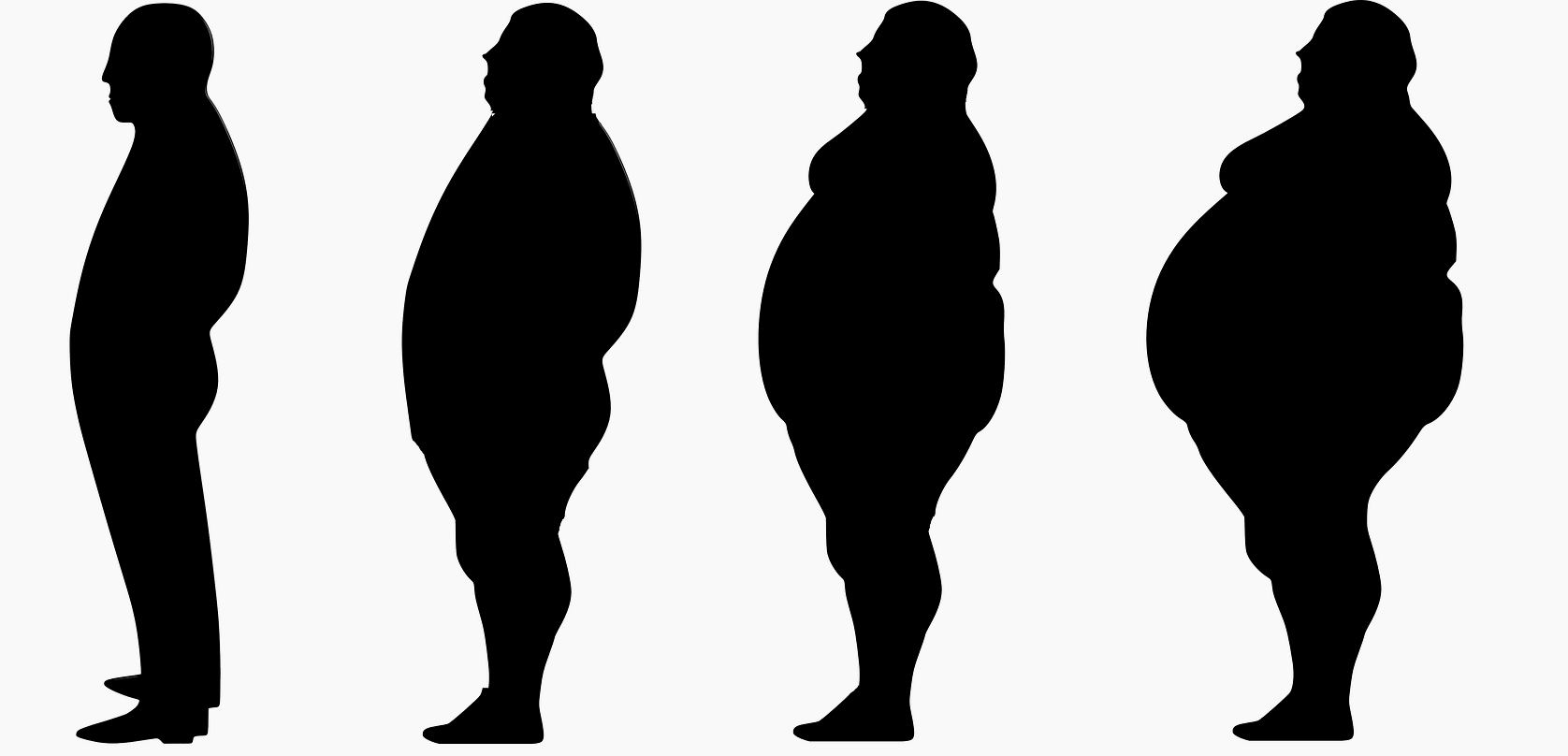Insulin is a hormone that is released when carbohydrates, i.e. sugars are present in the blood. It collects and allocates the sugar for immediate energy requirements, brings a part into muscles and the liver (if they aren’t already full) and converts the rest into fat and stores it. It also stores dietary fats but they don’t trigger its release.
 Insulin is the hormone that triggers fat gain by making the body create and store fat. It puts your body into fat-storing mode, instead of fat-burning mode for energy.
Insulin is the hormone that triggers fat gain by making the body create and store fat. It puts your body into fat-storing mode, instead of fat-burning mode for energy.
But its effects, as it is with all hormones, depend upon your activities and dieting.
This doesn’t mean you don’t need insulin. It must exist in the body and perform its functions. But if you often consume carbs, you invite it to be frequently secreted. High insulin means stop to burning excess fat. It also means many unwanted health conditions, now or in the future. And frequent high blood sugar means frequent suppression of HGH. This deprives you of the possible progress with your weight training too.
What do we mean by high insulin
High insulin does not mean in our vocabulary only an insulin level that goes above the recommended values on a laboratory blood test. If it goes above the normal range, it is obviously a high level of insulin but then this shows a lot of potential factors that are keeping it high even in fastened state (you fast 8 hours before doing the test). These factors can be: frequently high stress hormone (cortisol), impaired ability of the body to use carbohydrates, or other conditions.
High insulin means that you frequently invite high insulin response (secretion) during the day. Even if not high by amount, but if frequent, it is again high. Of course if you still haven’t reached the point of detriment, waiting 8 hours without food before an insulin test might show a normal level of insulin but if you keep it elevated during the day you are living with a high insulin.
Carbohydrates and insulin
All carbs are not same in triggering insulin. Fast carbs as sugar, bread, etc., trigger fast secretion of this hormone. Slow carbs cause slower secretion – beans, lentils, peas, sweet potatoes. (“Fast” and “slow” pertains to the speed with which carbs are broken down in body. Greater speed = greater response or this hormone.)
Fruits contain sugar, but if you consume them whole (not juiced) and not in great amounts, they won’t cause great insulin response. They contain dietary fiber which is actually the most complex carb. Fiber is not absorbed in the body and is disposed of, and so it does not have caloric value. Fiber slows down the sugar breakdown and thus causes lower insulin response. Eat your fruit whole. Dietary fiber is irreplaceable in a hormonally beneficial diet. Green salads are a great source of dietary fiber.
Nevertheless, this subdivision of slow and fast carbs doesn’t mean that slow carbs don’t make you fat and don’t reduce growth hormone.
As you take carbs during the day, you go into a state in which the body has as less a reason to use fats as a source i.e. fuel for energy.
But if for example, you take 40 grams fast carbs at once, you’ll stop the fat burning for energy, because well, you have fresh, ready sugary energy.
So, dividing carbs into fast and slow (simple and complex) has some value if you don’t go over 20-40 grams a day. As you go over 40 grams, it matters less and less if it’s slow or fast carbs.
Protein and insulin
Protein also triggers insulin release but in far lower amount than carbs do. Anyway if protein is the majority of your food you will get high insulin, frequent hunger, tiredness and other disruptive effects. If protein is combined with dietary healthy fats in proper ratio for you along with other factors that constitute healthy and proper nutrition, then you won’t have insulin spikes and will be able to reap all the benefits from having insulin work as it was created to.
Read about the other hormones





